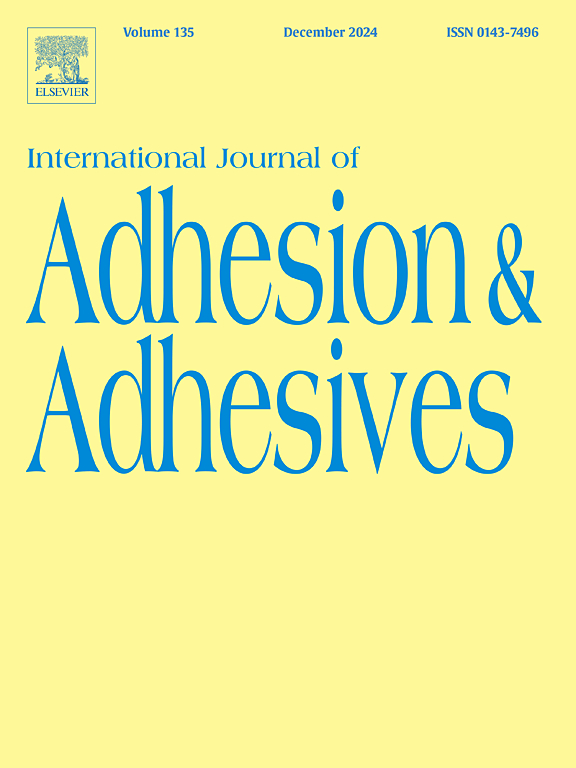Imparting semi-permanent demoldability to stainless steel mold using surface-initiated solution polymerization of stearyl methacrylate
Abstract
The growing market demand for compact and precisely-designed polymeric products has raised challenges during the demolding stage of manufacturing. An increased contact area between the product and the mold increases adhesion, which reduces dimensional stability and aesthetics. Conventional solutions like surface roughness improvement or release agent coatings suffer from reduced productivity and impurity-related issues affecting mechanical properties. To address these challenges, we imparted the semi-permanent demoldability to a stainless steel (SUS) mold by polymerizing stearyl methacrylate monomer on its surface using a surface-initiated solution polymerization technique. The polymerization state was confirmed through Fourier transform infrared spectroscopy and field emission scanning electron microscopy. The demoldablity was investigated using the appropriately-designed lap shear tests to simulate the demolding stage of epoxy resin-filled SUS mold to ensure sufficient performance compared with the neat and commercial release agent (RA) treated molds, and durability of the demoldability was confirmed via repetitive single-lap shear tests simulating the molding and demolding processes. The surfaced polymerized mold exhibited excellent demoldability with 96.5 % improvement over the neat one, and showed excellent durability over 5 repeated molding cycles, while the commercial RA showed significant degradation of demoldability. Furthermore, the mechanism of demoldability enhancement using the proposed surface polymerization was investigated by characterization of the surface dewetting pattern and contact angle measurements of the epoxy resin on the modified mold surface.

 求助内容:
求助内容: 应助结果提醒方式:
应助结果提醒方式:


